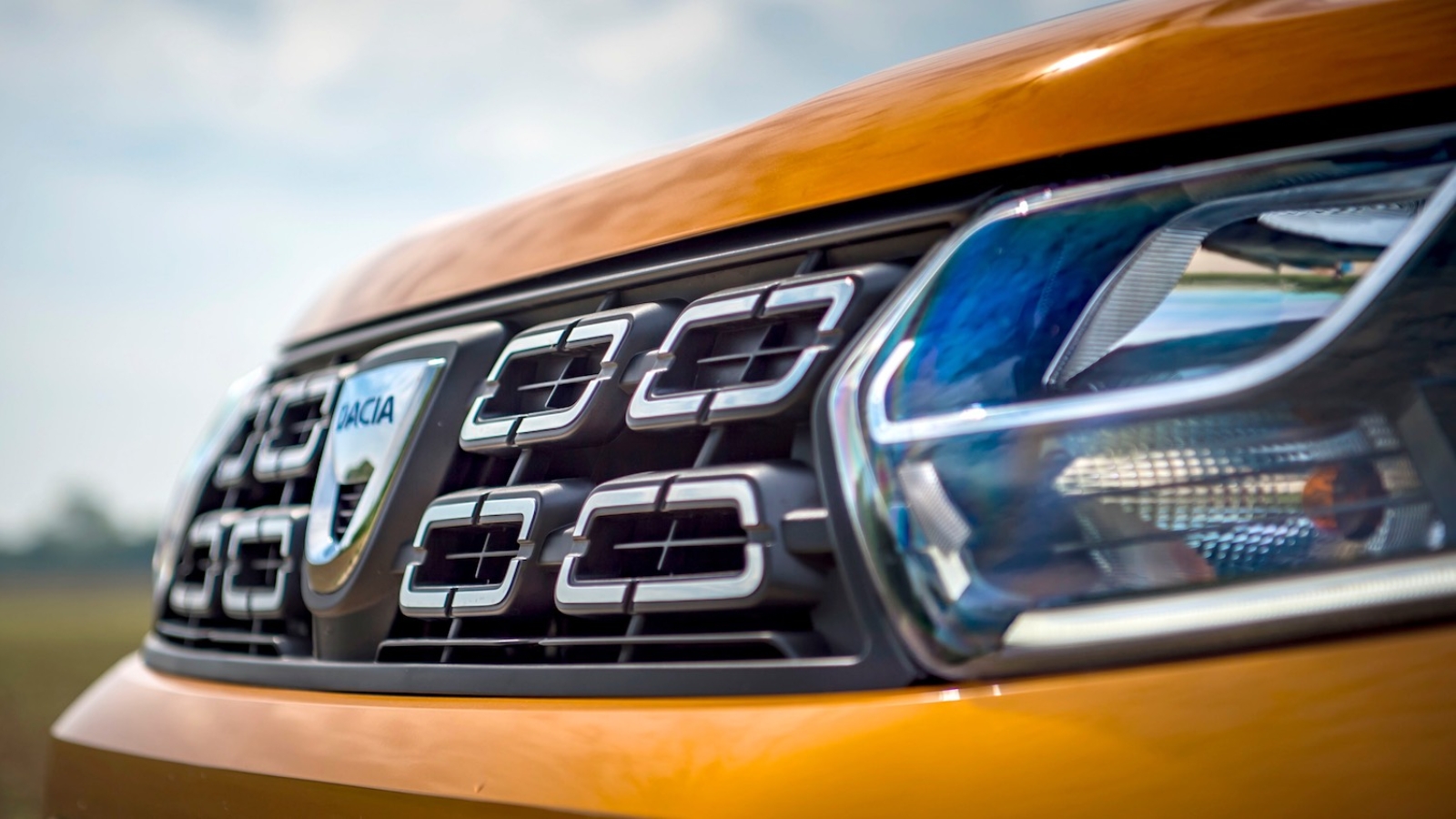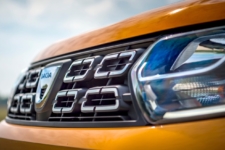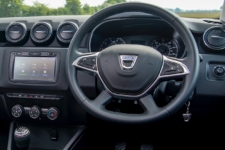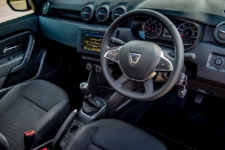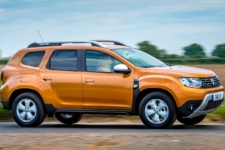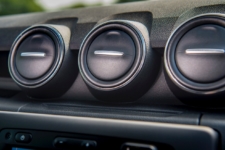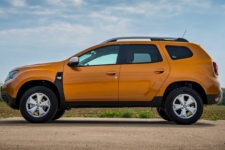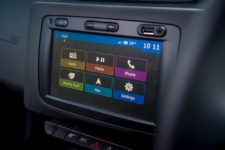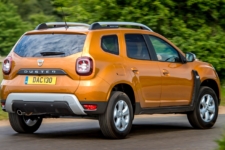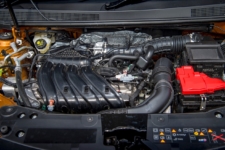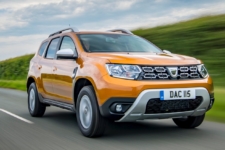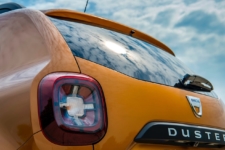When you try to get in the new Dacia Duster, the door handles no longer feel as if they are going to come away in your hand like the lid of a sardine can.
READ MORE...
When you sit down, the upholstery no longer feels as if it has been woven out of recycled bottle tops. When you put your hands on the steering wheel, it no longer reminds you of lifting the lavatory lid.
Neil Lyndon drives the All-New Dacia Duster
A considerable measure of the scuzziness that infected the original Dacia Duster has been eliminated from the new model. Oddly enough, however, I am not entirely convinced that the car is all the better for the changes.
The original Duster – launched in the UK in 2013 - majored on being basic in the same way as a Citroen 2CV or an old Lada. A galvanised dustbin is in the same category. One of the Duster’s strongest selling points was to be compared with a budget airline: you can count yourself lucky to get a boarding pass and a seat on a plane and be transported to where you want to go but if you want any extras, you’ll pay through the nose.
This was a refreshing change from the barrage of bullshit that you have to dodge at most manufacturers’ launches and I liked that approach when I first encountered it at a Duster launch at Gleneagles. Even more, I was seriously impressed by the four-wheel drive version’s capabilities on that hotels’ fearsomely challenging off-road course in the wilds of Perthshire.

As my wife and I were just about to buy a new family bus, the arrival of the Duster seemed acutely timely. It would be ideal transport for our children and dog and ought to be more than capable of getting us out of trouble in the winter where we live – down an unmade track, off a minor road in the Scottish hills.
So it proved. When the Beast from the East cut us off for days last March and snow drifts blocked our road to the tops of the hedges, the Duster was one of the few vehicles round our way to find its way out to civilisation. The Renault all-wheel drive system – with three settings on a knob in the cabin (two-wheel drive, Auto and four-wheel drive) – combined with the Duster’s flimsy lightness and its relatively narrow all-weather tyres on 16” wheels made it almost as handy as my neighbour’s Discovery in these extreme conditions.
It wasn’t all good. A screech from the exhaust system in low gears has remained undiagnosed and uncured to this day – over four years since we bought the car. Nothing has actually fallen off since the turn indicator on the near-side came out of its mounting in the first weeks; but we have had endless hassle with other minor faults and the after-sales service makes Ryanair’s customer relations look like the concierge desk at Claridge’s.
Even so, we are going to keep our Duster until it falls completely to bits – not least because it pongs so powerfully of our mutt that nobody in their right mind would take it off our hands. I keep getting blandishments from the local dealership to trade it in for the new model but, having had the two-wheel drive 115 bhp version at home for a week, I think I’ll pass.
Dacia says that “not one body panel is carried over from the previous car” but I have looked long and hard at the flap over the fuel filler cap on my car and the new model and I swear I can’t see one iota of difference. More than that, the body pressings look exactly the same. Maybe they are making them out of different materials and that’s why they are not the same.
And the engines are identical, so far as I can see.
Where there are obvious differences, I am not at all convinced they are an improvement. The rear light assembly on the original car used to mould into the rear hatch with a clever and touching little bump. Now that has been erased and, instead, you get a big, square block of light assembly.
Similarly, the plastic guards on the wheels and sills stick up the front flanks of the new car and join with the badge on the side. So far as I can see, there is no point in this device except a misguided cosmetic flourish.
Unquestionably, it is an advantage to have knicknacks on the new car like automatic headlights, keyless entry , climate control, multi-view camera and blind-spot warning but I am not sure they compensate for the loss of the uncompromising Spartan character of the original car.
Dacia may have improved the Duster but, alas, they’ve gone and made it just like any other SUV.
In one respect, however, the new Duster remains the same as the old. When it first appeared Dacia described this car as “shockingly affordable”. That’s still true. Prices start at £9995 on the road. Our top-of-the-line (albeit two-wheel drive) SCe version was £13930.
It’s almost tempting….
Car reviewed: All-New Dacia Duster Comfort Scenery 115 4x2 - On the road £13,195 with options as tested £13,930 0-62mph 11.9 secs Top speed 107mph Fuel Economy (WLTP) 43.5mpg CO2 emissions 149g/km Engine 1598cc petrol EU6 Max Power Engine 115hp@5500rpm Engine Torque 156Nm@4000rpm Transmission 5-speed manual 2wd
Reasonably good value
Well specced
Easy to drive
Just another SUV
What the others say about the All-New Dacia Duster on YouTube...
No items found, please search again.

